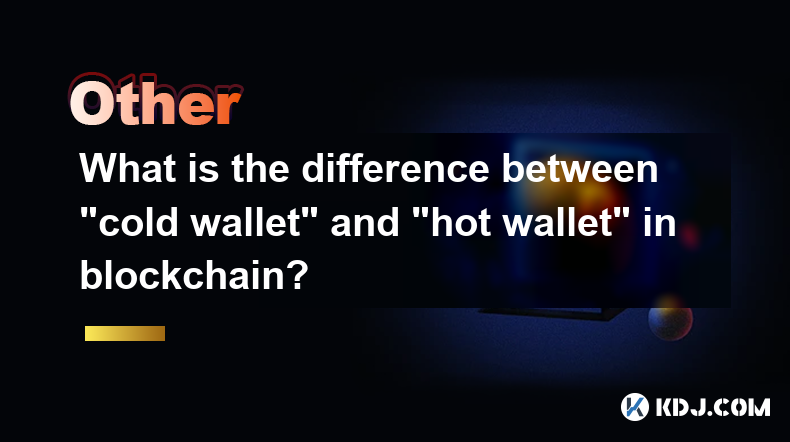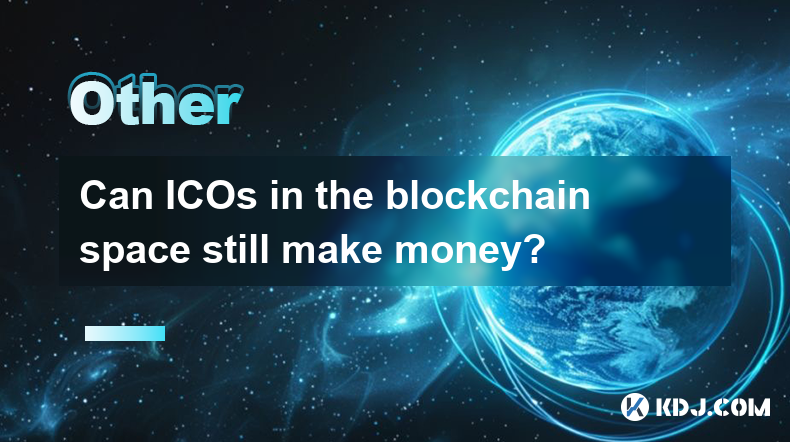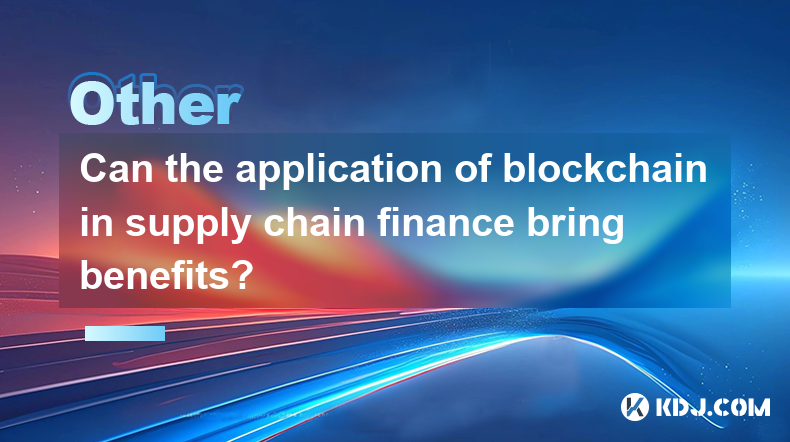-
 Bitcoin
Bitcoin $84,926.0065
0.32% -
 Ethereum
Ethereum $1,597.5517
1.12% -
 Tether USDt
Tether USDt $0.9999
0.00% -
 XRP
XRP $2.0794
0.68% -
 BNB
BNB $592.3432
0.68% -
 Solana
Solana $138.4445
2.95% -
 USDC
USDC $0.9999
0.00% -
 Dogecoin
Dogecoin $0.1587
2.50% -
 TRON
TRON $0.2416
-1.44% -
 Cardano
Cardano $0.6294
2.38% -
 UNUS SED LEO
UNUS SED LEO $9.3856
2.20% -
 Chainlink
Chainlink $12.8148
1.36% -
 Avalanche
Avalanche $19.2969
1.27% -
 Stellar
Stellar $0.2447
1.26% -
 Toncoin
Toncoin $2.9953
0.57% -
 Shiba Inu
Shiba Inu $0.0...01220
2.78% -
 Hedera
Hedera $0.1665
0.41% -
 Sui
Sui $2.1428
1.41% -
 Bitcoin Cash
Bitcoin Cash $336.7121
1.74% -
 Hyperliquid
Hyperliquid $18.0777
5.43% -
 Polkadot
Polkadot $3.7198
1.38% -
 Litecoin
Litecoin $76.1424
1.29% -
 Dai
Dai $1.0000
0.01% -
 Bitget Token
Bitget Token $4.4493
1.78% -
 Ethena USDe
Ethena USDe $0.9991
0.00% -
 Pi
Pi $0.6399
5.38% -
 Monero
Monero $213.1009
-1.55% -
 Uniswap
Uniswap $5.2420
1.10% -
 OKB
OKB $51.0102
1.50% -
 Pepe
Pepe $0.0...07262
2.29%
What is the difference between "cold wallet" and "hot wallet" in blockchain?
Cold wallets prioritize offline security, minimizing hacking risks, while hot wallets offer convenient online access but are more vulnerable to cyber threats. The choice depends on your security needs versus transaction frequency.
Mar 11, 2025 at 06:46 pm

Key Points:
- Cold wallets prioritize security by storing private keys offline, minimizing exposure to online threats. They are generally considered more secure than hot wallets.
- Hot wallets offer convenience through online accessibility, enabling quick transactions. However, this accessibility increases vulnerability to hacking and malware.
- The choice between a cold and hot wallet depends on individual needs, balancing security requirements with the need for transaction speed and ease of use.
- Various types of cold and hot wallets exist, each with its own strengths and weaknesses in terms of security, cost, and user experience.
What is the difference between "cold wallet" and "hot wallet" in blockchain?
The fundamental difference between cold and hot wallets lies in their connection to the internet. This seemingly simple distinction significantly impacts their security and usability. Cold wallets, also known as offline wallets, store cryptocurrency private keys offline, completely isolated from the internet. This isolation is their primary defense against hacking and malware. Conversely, hot wallets maintain a constant internet connection, providing immediate access to your funds for transactions. This convenience, however, exposes them to various online threats.
The security implications are stark. A compromised hot wallet could result in the complete loss of your cryptocurrency. Malicious software, phishing scams, and exchange hacks are all potential avenues of attack. Cold wallets, due to their offline nature, are significantly less susceptible to these threats. The private keys remain secure unless the physical device holding them is stolen or compromised.
The choice between a cold and hot wallet hinges on your priorities. If security is paramount, and you prioritize the protection of your assets above all else, a cold wallet is the preferable option. If you frequently trade or transact with your cryptocurrency and prioritize convenience, a hot wallet might be more suitable, despite the increased risk.
Types of Cold Wallets:
Several types of cold wallets cater to different needs and levels of technical expertise.
- Hardware Wallets: These are physical devices resembling USB drives that securely store your private keys. They offer a high level of security and are considered the gold standard for cold storage. Examples include Ledger and Trezor. They typically require a small initial investment.
- Paper Wallets: These involve printing your public and private keys onto paper. While exceptionally secure if stored properly, they are vulnerable to physical damage, loss, or theft. They are a simple and inexpensive option but require careful handling.
- Brain Wallets: These rely on memorizing a complex seed phrase derived from a password or mnemonic phrase. While offering good security if the phrase is memorized perfectly, forgetting the phrase means irreversible loss of access to your funds. This method requires exceptional memory and security discipline.
Types of Hot Wallets:
Hot wallets come in various forms, each with its own security considerations and usability features.
- Software Wallets: These are applications installed on your computer or mobile device. While convenient, they are vulnerable to malware and operating system compromises. They offer varying levels of security depending on the specific software and its security features.
- Web Wallets: These are online wallets provided by cryptocurrency exchanges or other platforms. While offering ease of access, they are susceptible to exchange hacks and vulnerabilities in the platform's security. They are generally less secure than other hot wallet options.
- Exchange Wallets: These are wallets provided directly by cryptocurrency exchanges. While convenient for trading, they expose your funds to the security risks associated with the exchange itself. Security breaches at the exchange could lead to the loss of your funds.
Security Considerations:
Regardless of the type of wallet chosen, maintaining strong security practices is crucial. For cold wallets, this involves securely storing the physical device, protecting your seed phrase, and avoiding phishing scams. For hot wallets, employing strong passwords, enabling two-factor authentication (2FA), and regularly updating software are essential. Staying informed about the latest security threats and vulnerabilities is also crucial. Regularly backing up your wallet data is essential for both hot and cold wallets.
Common Questions:
Q: Which is safer, a cold wallet or a hot wallet?
A: Cold wallets are generally considered safer due to their offline nature, which significantly reduces their vulnerability to online threats like hacking and malware.
Q: Are hot wallets completely insecure?
A: No, hot wallets can be secure if used responsibly and with appropriate security measures like strong passwords and 2FA enabled. However, their inherent online connection makes them inherently more vulnerable than cold wallets.
Q: Can I use both a cold and hot wallet simultaneously?
A: Yes, many users employ a strategy of using a cold wallet for long-term storage of larger amounts of cryptocurrency and a hot wallet for smaller amounts used for frequent transactions. This balances security and convenience.
Q: How do I choose the right wallet for me?
A: The best wallet depends on your individual needs and risk tolerance. Consider how frequently you transact, the amount of cryptocurrency you hold, and your technical expertise. Prioritize security if you hold significant assets. If convenience is key and you only hold small amounts, a hot wallet might suffice.
Q: What happens if I lose my cold wallet or forget my seed phrase?
A: Losing your cold wallet or forgetting your seed phrase can result in the permanent loss of your cryptocurrency. There is no way to recover it without the correct information. Therefore, securing your seed phrase and wallet device is paramount.
Disclaimer:info@kdj.com
The information provided is not trading advice. kdj.com does not assume any responsibility for any investments made based on the information provided in this article. Cryptocurrencies are highly volatile and it is highly recommended that you invest with caution after thorough research!
If you believe that the content used on this website infringes your copyright, please contact us immediately (info@kdj.com) and we will delete it promptly.
- Pi Network reveals 3-phase migration roadmap but provides no timeline or rollout dates.
- 2025-04-19 15:20:13
- Bitcoin's Price Increased to USD 84,000 After a Recent Fall
- 2025-04-19 15:20:13
- Cardano's NFT ecosystem is making waves in the Web3 space, rapidly gaining traction among creators and collectors.
- 2025-04-19 15:15:13
- MicroStrategy CEO Michael Saylor Predicts Bitcoin Price Will Hit $10 Million
- 2025-04-19 15:15:13
- Despite a Recent Rebound Above the Psychological Threshold of $0.60, Cardano (ADA) Remains Under Bearish Pressure
- 2025-04-19 15:10:13
- Oregon's Attorney General Revives SEC's Case Against Coinbase, Raising Concerns About the Future of XRP
- 2025-04-19 15:10:13
Related knowledge

Can ICOs in the blockchain space still make money?
Apr 17,2025 at 08:29pm
The landscape of Initial Coin Offerings (ICOs) in the blockchain space has evolved significantly since their peak in 2017 and 2018. Despite the increased regulatory scrutiny and the rise of alternative fundraising methods like Security Token Offerings (STOs) and Initial Exchange Offerings (IEOs), ICOs can still be a viable way to raise funds and generat...

Can the application of blockchain in supply chain finance bring benefits?
Apr 15,2025 at 04:00pm
Can the application of blockchain in supply chain finance bring benefits? The integration of blockchain technology into supply chain finance has garnered significant attention in the cryptocurrency and financial sectors. This article explores how blockchain can potentially revolutionize supply chain finance, detailing its benefits and providing a compre...

Does the ranking of Chinese blockchain apps include cross-chain applications?
Apr 14,2025 at 04:00pm
The ranking of Chinese blockchain apps is a comprehensive evaluation that takes into account various aspects such as user base, transaction volume, and technological innovation. A pertinent question arises regarding whether these rankings include cross-chain applications. Cross-chain applications, which allow different blockchain networks to interact an...

Does the ranking of Chinese blockchain apps include DeFi applications?
Apr 15,2025 at 06:57am
The ranking of Chinese blockchain apps is a comprehensive list that showcases the most popular and influential applications within the cryptocurrency ecosystem. One question that often arises is whether these rankings include DeFi applications. To answer this, we need to delve into the specifics of how these rankings are compiled and what types of appli...

Does the ranking of Chinese blockchain apps include educational apps?
Apr 16,2025 at 03:35am
The ranking of Chinese blockchain apps often includes a variety of categories, from finance and gaming to social networking and beyond. One question that frequently arises is whether these rankings include educational apps. To address this, we need to delve into the specifics of how blockchain apps are categorized and ranked in China, and whether educat...

Does the ranking of Chinese blockchain apps include enterprise-level applications?
Apr 15,2025 at 06:42am
The ranking of Chinese blockchain apps often includes a variety of applications, ranging from consumer-focused to enterprise-level solutions. Understanding the scope and criteria for these rankings is essential to determine if enterprise-level applications are included. This article delves into the specifics of how Chinese blockchain app rankings are co...

Can ICOs in the blockchain space still make money?
Apr 17,2025 at 08:29pm
The landscape of Initial Coin Offerings (ICOs) in the blockchain space has evolved significantly since their peak in 2017 and 2018. Despite the increased regulatory scrutiny and the rise of alternative fundraising methods like Security Token Offerings (STOs) and Initial Exchange Offerings (IEOs), ICOs can still be a viable way to raise funds and generat...

Can the application of blockchain in supply chain finance bring benefits?
Apr 15,2025 at 04:00pm
Can the application of blockchain in supply chain finance bring benefits? The integration of blockchain technology into supply chain finance has garnered significant attention in the cryptocurrency and financial sectors. This article explores how blockchain can potentially revolutionize supply chain finance, detailing its benefits and providing a compre...

Does the ranking of Chinese blockchain apps include cross-chain applications?
Apr 14,2025 at 04:00pm
The ranking of Chinese blockchain apps is a comprehensive evaluation that takes into account various aspects such as user base, transaction volume, and technological innovation. A pertinent question arises regarding whether these rankings include cross-chain applications. Cross-chain applications, which allow different blockchain networks to interact an...

Does the ranking of Chinese blockchain apps include DeFi applications?
Apr 15,2025 at 06:57am
The ranking of Chinese blockchain apps is a comprehensive list that showcases the most popular and influential applications within the cryptocurrency ecosystem. One question that often arises is whether these rankings include DeFi applications. To answer this, we need to delve into the specifics of how these rankings are compiled and what types of appli...

Does the ranking of Chinese blockchain apps include educational apps?
Apr 16,2025 at 03:35am
The ranking of Chinese blockchain apps often includes a variety of categories, from finance and gaming to social networking and beyond. One question that frequently arises is whether these rankings include educational apps. To address this, we need to delve into the specifics of how blockchain apps are categorized and ranked in China, and whether educat...

Does the ranking of Chinese blockchain apps include enterprise-level applications?
Apr 15,2025 at 06:42am
The ranking of Chinese blockchain apps often includes a variety of applications, ranging from consumer-focused to enterprise-level solutions. Understanding the scope and criteria for these rankings is essential to determine if enterprise-level applications are included. This article delves into the specifics of how Chinese blockchain app rankings are co...
See all articles
























































































